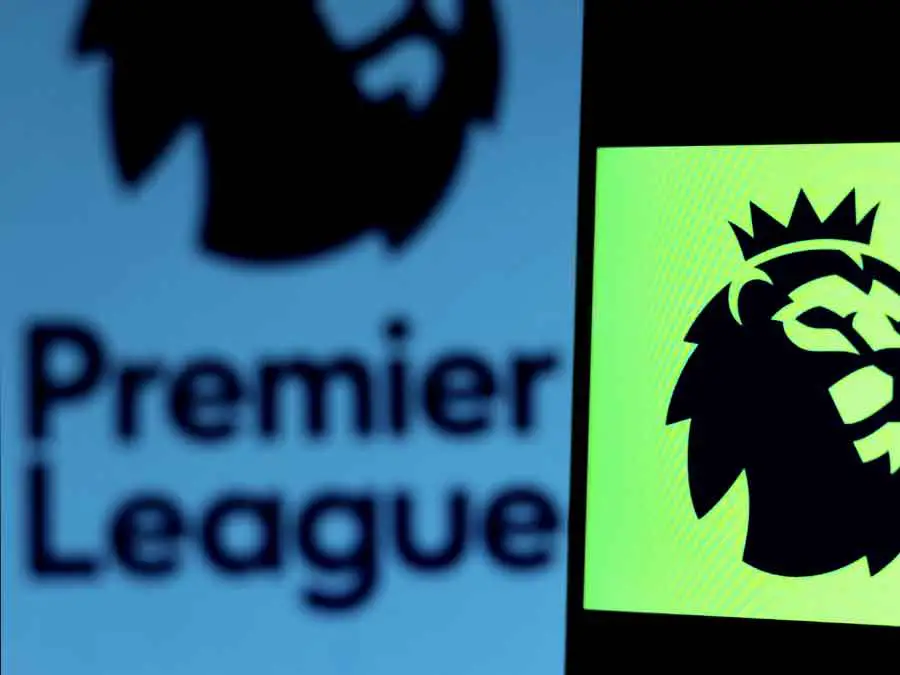Do Premier League Players Get Fined for Bookings?
In the world of soccer, yellow and red cards are a common sight during matches. These cards serve as a warning or expulsion for players who commit fouls or engage in unsporting behavior. A key question that arises among fans and enthusiasts is around whether Premier League players get fined for bookings. In this article, we’ll delve into the world of bookings, fines, and the financial implications for Premier League players.
A Brief Overview of Yellow and Red Cards
Yellow and red cards are disciplinary measures used by referees to maintain order during soccer matches. They were introduced by English referee Ken Aston in the 1966 FIFA World Cup and have since become an integral part of the game.
- Yellow Card: A caution or warning given to a player for committing a foul or unsporting behavior.
- Red Card: Issued either for a serious offense or after receiving two yellow cards in a single match, leading to the player’s expulsion from the game.
Premier League’s Disciplinary System
The Premier League, England’s top-tier soccer league, has a well-defined disciplinary system in place. This system is governed by the Football Association (FA) and includes fines and suspensions for players who accumulate a certain number of bookings during the season.
- 5 Yellow Cards: Players who accumulate five yellow cards in league matches receive a one-match suspension and a fine.
- 10 Yellow Cards: If a player reaches ten yellow cards, they face a two-match suspension and an increased fine.
- 15 Yellow Cards: Fifteen yellow cards result in a three-match suspension and an even higher fine.

Fines for Bookings: How Much Do Players Pay?
Premier League players are subject to fines when they reach specific yellow card milestones. The fines are imposed by the FA and paid by the players themselves. Here’s a breakdown of the fines:
- 5 Yellow Cards: The fine for reaching five yellow cards is £10,000.
- 10 Yellow Cards: A fine of £20,000 is imposed for ten yellow cards.
- 15 Yellow Cards: Players who accumulate fifteen yellow cards are fined £30,000.
It’s important to note that these fines are not directly related to individual yellow or red card incidents. Instead, they are cumulative punishments based on the number of cards received throughout the season.
Clubs’ Role in Disciplinary Matters
Apart from the fines imposed by the FA, clubs may choose to take disciplinary action against their players for repeated bookings. This can include additional fines or other punitive measures, depending on the club’s internal policies. However, the FA’s fines are separate from any penalties imposed by the clubs, and players are still required to pay them.
Red Cards and Suspensions
In the case of red cards, players are subject to immediate suspensions and potential fines. The length of the suspension depends on the severity of the offense:
- Straight Red Card: A player receiving a straight red card faces a minimum of a one-match ban, which can be extended depending on the severity of the offense.
- Two Yellow Cards: A player sent off for receiving two yellow cards in a single match is suspended for one game.
Additionally, the FA can impose fines on players for serious offenses that result in a red card. These fines are determined on a case-by-case basis and may vary depending on the player’s conduct and the nature of the incident.

Impact on Player Reputation and Performance
Apart from the financial implications, frequent bookings can have a lasting impact on a player’s reputation and performance. A player known for consistently receiving cards might be perceived as aggressive or reckless, which can affect their market value and future career prospects.
Moreover, suspensions due to accumulated bookings or red cards can significantly impact a team’s performance, especially if key players are absent during crucial matches. This can, in turn, affect the team’s standings in the league and their chances of success in domestic and international competitions.
Promoting Fair Play and Sportsmanship
The disciplinary system in place, including fines for bookings, ultimately aims to promote fair play, sportsmanship, and respect for both opponents and officials. By holding players accountable for their actions on the field, the Premier League and FA ensure that the game remains enjoyable for fans and participants alike.
Furthermore, this system encourages players to develop better on-field discipline, which can help improve their overall performance and contribute to the growth of the sport.
Final Thoughts
Understanding the disciplinary system in the Premier League and the fines associated with bookings can provide valuable insight into the financial and reputational implications for players. It’s essential to remember that, while fines serve as a deterrent, the ultimate goal is to promote fair play and sportsmanship in the beautiful game of soccer. By fostering a culture of respect and adherence to the rules, both the Premier League and the FA contribute to the sport’s ongoing growth and success.
